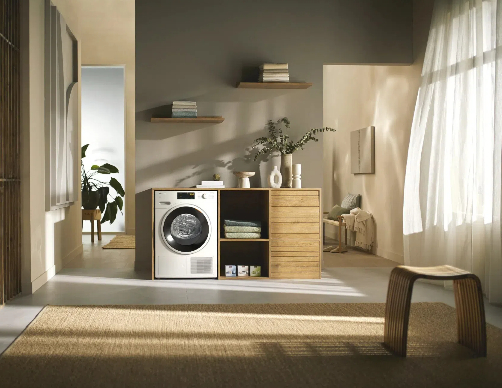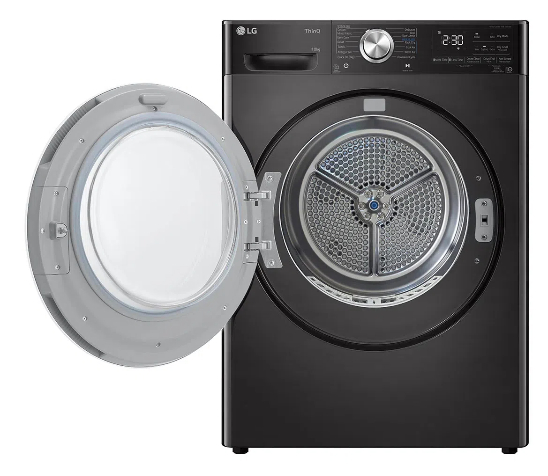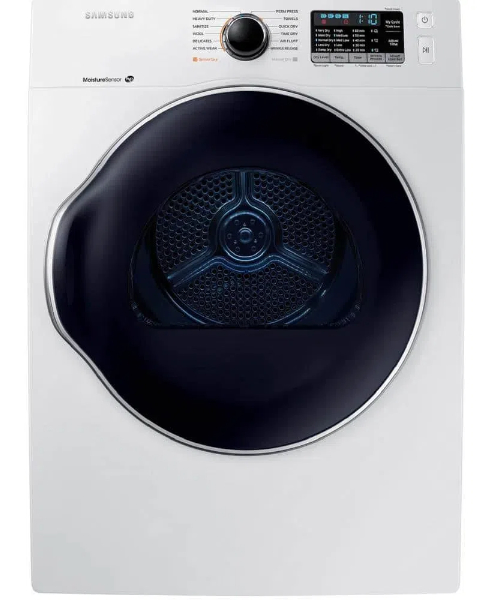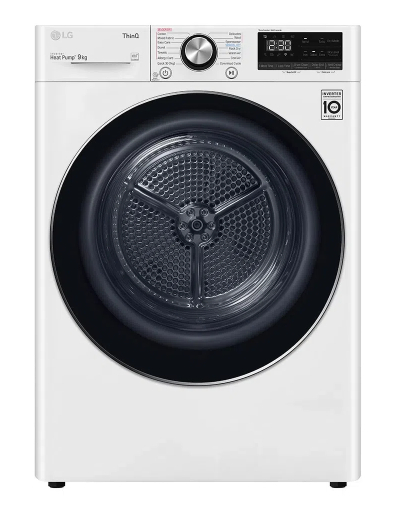
Content Menu
● Introduction to Modern Drying Technology
● Understanding Heat Pump Dryer Technology
● Gas Dryer Technology Overview
● Energy Efficiency Comparison
>> Heat Pump Dryer Efficiency
>> Gas Dryer Efficiency
● Cost Analysis
>> Initial Investment
>> Operating Costs
>> Maintenance Expenses
● Environmental Impact
>> Heat Pump Environmental Benefits
>> Gas Dryer Environmental Considerations
● Performance Factors
>> Drying Time
>> Fabric Care
>> Capacity and Size
● Installation Requirements
>> Heat Pump Dryer Installation
>> Gas Dryer Installation
● Maintenance and Longevity
>> Frequently Asked Questions
>>> Q1: How much more energy efficient are heat pump dryers compared to gas dryers?
>>> Q2: Do heat pump dryers really take longer to dry clothes?
>>> Q3: Which type of dryer is better for the environment?
>>> Q4: What is the typical lifespan difference between heat pump and gas dryers?
>>> Q5: Are heat pump dryers worth the higher upfront cost?
Introduction to Modern Drying Technology
As energy efficiency becomes increasingly important in household appliances, the debate between heat pump dryers and gas dryers has gained significant attention. Both technologies offer distinct advantages and limitations, making the choice between them crucial for homeowners.
Understanding Heat Pump Dryer Technology
Heat pump dryers represent the latest advancement in clothes drying technology. These innovative appliances work by recycling hot air through a heat exchange system, creating a closed loop that maximizes energy efficiency.
Key Features of Heat Pump Dryers:
- Closed-loop heat exchange system
- Lower operating temperatures
- No external venting required
- Advanced moisture sensors
- Multiple fabric care programs

Gas Dryer Technology Overview
Gas dryers have been a reliable choice for decades, using natural gas or propane to generate heat for drying clothes.
Characteristics of Gas Dryers:
- Direct heat generation
- Quick drying times
- Lower upfront costs
- External venting requirement
- Consistent performance
Energy Efficiency Comparison
Heat Pump Dryer Efficiency
Heat pump dryers excel in energy efficiency due to their innovative heat recycling system. They typically use significantly less energy than conventional dryers, making them environmentally friendly and cost-effective in the long run.
Benefits:
- Lower energy consumption
- Reduced carbon footprint
- Lower operating costs
- Potential utility rebates
- Energy certification compliance
Gas Dryer Efficiency
Gas dryers offer their own efficiency advantages, particularly in areas with lower gas prices.
Advantages:
- Quick drying cycles
- Lower initial cost
- Effective in cold climates
- Reliable performance
- Lower peak electricity demand

Cost Analysis
Initial Investment
- Heat Pump Dryers: Higher upfront cost
- Gas Dryers: Lower initial investment
Operating Costs
- Heat Pump Dryers: Lower monthly utility bills
- Gas Dryers: Dependent on local gas prices
Maintenance Expenses
- Heat Pump Dryers: Regular filter cleaning
- Gas Dryers: Annual safety inspections
Environmental Impact
Heat Pump Environmental Benefits
- Reduced carbon emissions
- No direct greenhouse gas emissions
- Lower overall energy consumption
- Sustainable technology
- Environmentally friendly refrigerants
Gas Dryer Environmental Considerations
- Direct greenhouse gas emissions
- Fossil fuel dependency
- Higher carbon footprint
- Natural resource consumption
Performance Factors
Drying Time
Heat pump dryers typically take longer to complete a cycle, while gas dryers offer faster drying times.
Fabric Care
Heat pump dryers generally provide gentler fabric care due to lower operating temperatures.
Capacity and Size
Both types come in various sizes to accommodate different household needs.
Installation Requirements
Heat Pump Dryer Installation
- No external venting needed
- Condensation drain requirement
- Adequate space for ventilation
- Standard electrical outlet
- Level surface installation
Gas Dryer Installation
- External venting required
- Gas line connection
- Professional installation recommended
- Proper ventilation system
- Carbon monoxide safety measures
Maintenance and Longevity
Regular maintenance requirements and expected lifespan vary between the two types:Heat Pump Dryers:
- Filter cleaning after each use
- Heat exchanger maintenance
- Condensation system check
- Longer expected lifespan
- Less mechanical stress
Gas Dryers:
- Lint filter cleaning
- Vent system inspection
- Gas connection check
- Burner maintenance
- Safety system verificationv

Frequently Asked Questions
Q1: How much more energy efficient are heat pump dryers compared to gas dryers?
A: Heat pump dryers typically use 50-60% less energy than gas dryers, although actual savings depend on usage patterns and local utility rates.
Q2: Do heat pump dryers really take longer to dry clothes?
A: Yes, heat pump dryers generally take 10-15 minutes longer per cycle compared to gas dryers, but this is offset by their energy efficiency and gentler drying process.
Q3: Which type of dryer is better for the environment?
A: Heat pump dryers are generally more environmentally friendly due to their lower energy consumption and absence of direct greenhouse gas emissions.
Q4: What is the typical lifespan difference between heat pump and gas dryers?
A: Heat pump dryers typically last 10-15 years, while gas dryers usually last 10-13 years with proper maintenance.
Q5: Are heat pump dryers worth the higher upfront cost?
A: For most households, heat pump dryers' higher initial cost is offset by lower operating costs and energy savings over time, typically paying for themselves within 3-5 years.












